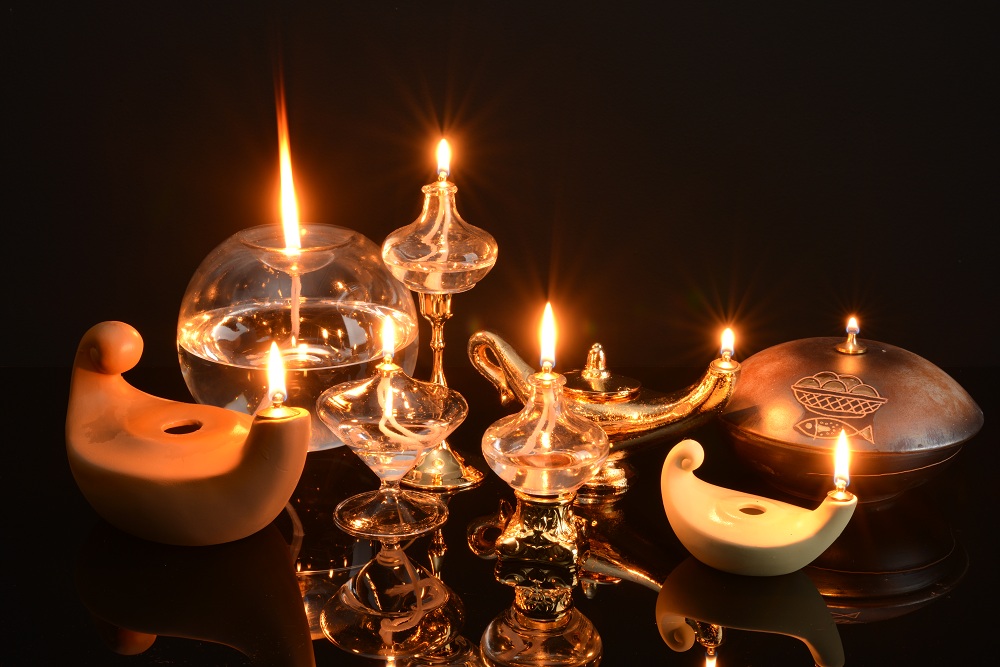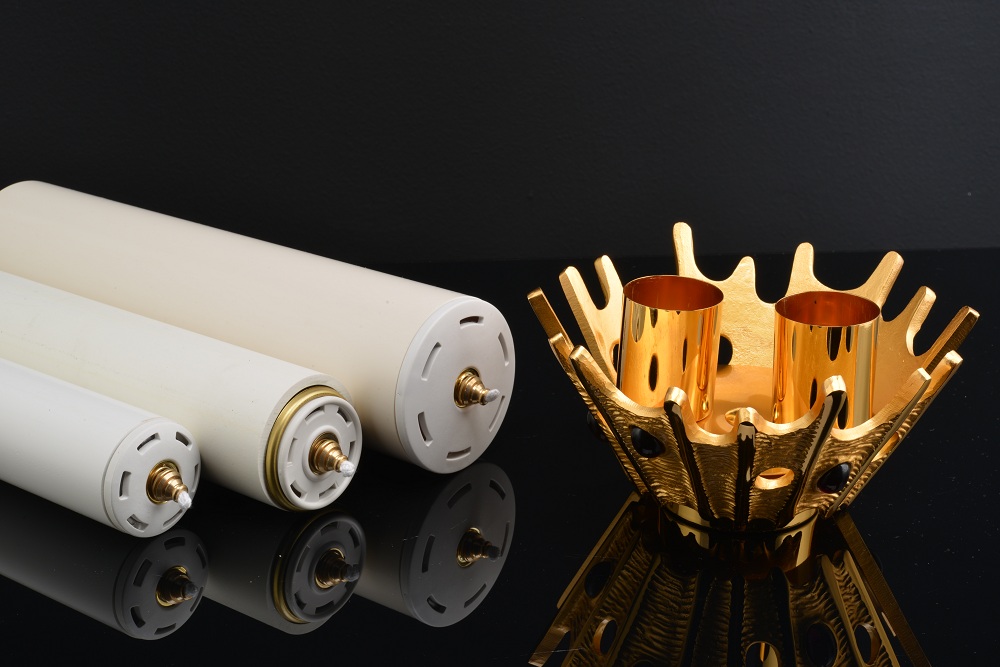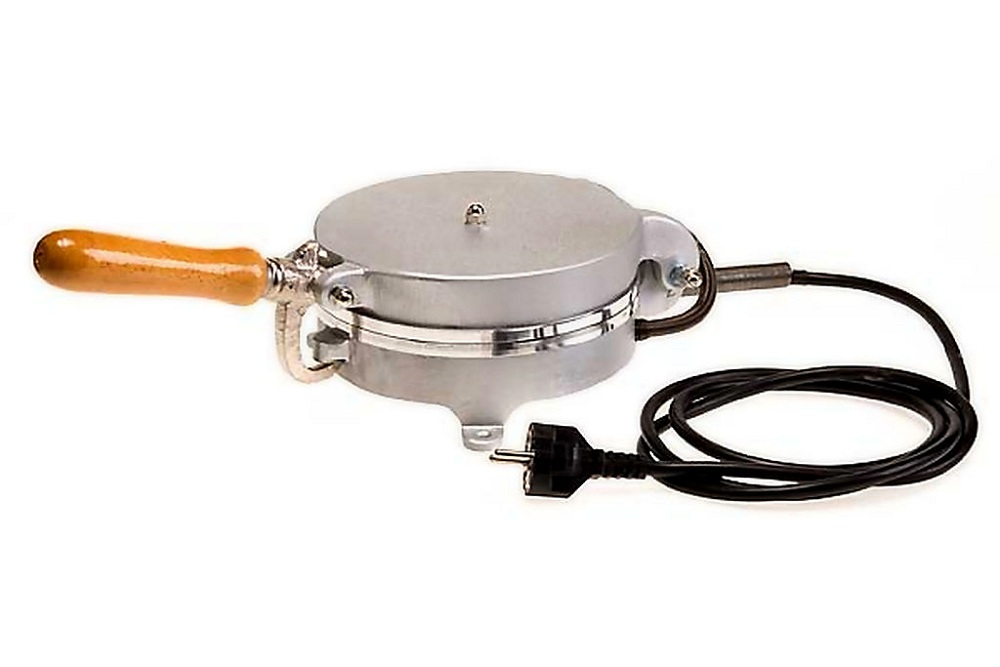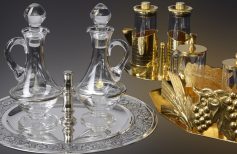The use of oil lamps is very old. It dates back to Greek civilisation, and is also documented in the Mediterranean regions by the Phoenicians or the Romans, already many centuries before the birth of Christ.
In ancient times, oil lamps were simple flat containers with no lid and with a spout on the rim, which contained the wick. The risk of burns or fire was notable due to the lack of protection. Modern oil lamps have changed in this sense, but given the very flammable nature of the oil, it is still best to follow a few precautions.
- The first trick is to never leave the lamp unattended, which means that it is advisable to turn it off when you leave the house or if you go to sleep, in order to prevent accidental falls or other accidents. For the same reasons, and to ensure the best conditions to the lamp, it is always better not to store it with the oil in the tank.
- The oil lamp must be placed out of reach of children and pets, who may accidentally bump into it and drop it.
- It is better to use refined white oil (kerosene), rather than colourful and fragrant oil. These last ones can spoil the wick.
- Before ignition, the wick must be moistened with oil. The best wicks are the old style ones, with one side cut and slightly rounded. The cotton used in its composition absorbs the oil by capillarity, making it rise very slowly between the fibres and giving it time to warm up.
- You should remove the cover of the lamp, take off the burner, in which you will insert the wick, and add the oil, which you should not overfill to avoid spills. The wick must have 1 or 2 cm distance between the flame and the oil. In fact, if the flame comes in direct contact with the oil in the tank, everything would ignite. At the same time, however, an excessive distance would prevent the oil to go up along the wick to ensure the flame.


























